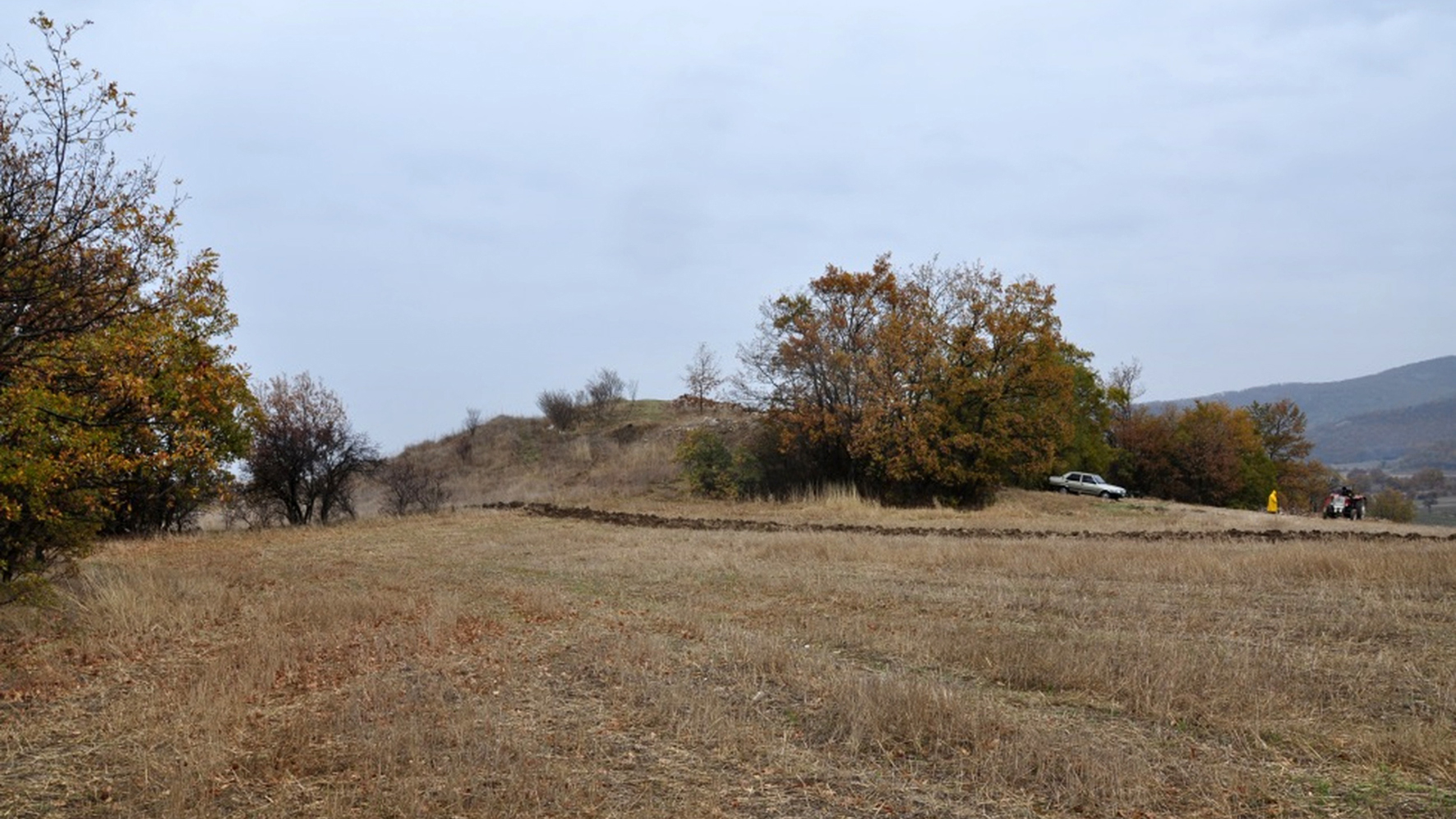Many US Measles Cases Are in People Who Refuse Vaccines

Many U.S. measles cases occur in children whose parents refuse vaccines for religious or philosophical reasons, a new study suggests.
Researchers analyzed 18 previous studies of measles in the U.S. and found that about 1,400 measles cases occurred in the United States from 2000 to 2015. More than half of these cases (57 percent) occurred in people who were definitely not vaccinated against measles, and another third of the cases were in people who had an "unknown history" of vaccination. This means that the researchers could not tell definitively whether these individuals were vaccinated.
The measles vaccine is usually given at 12 to 15 months of age, and a booster shot is given at 4 to 6 years of age before children enter school, but in some states, parents can refuse to vaccinate their children for religious or personal beliefs. The researchers found there were 970 measles cases that included information about whether the person had a vaccine exemption. Of these, 574 cases were in people who were not vaccinated even though they were old enough to receive a vaccine, and in 71 percent of these cases (405 people), the lack of vaccination was due to religious or philosophical reasons.
"A substantial proportion of the U.S. measles cases in the era after [measles] elimination were intentionally unvaccinated," the researchers, from Emory University in Atlanta, wrote in their study, published today (March 15) in the Journal of the American Medical Association. (Measles was considered eliminated from the United States in 2000, which means that the disease doesn't continuously spread here.)
What's more, in a separate analysis of studies looking at measles risk, researchers found that children with vaccine exemptions were up to 35 times more likely to catch measles, compared with vaccinated children. [5 Dangerous Vaccination Myths]
Children with vaccine exemptions were also more likely to be the first case in a measles outbreak (called the index case), or to be among the first people to catch measles from an index case, than they were to be infected at a later point in an outbreak, the study found.
The researchers additionally analyzed information from more than 10,000 U.S. cases of whooping cough (also called pertussis) over the last several decades, and found that in the largest outbreaks, between 24 percent and 45 percent of people who were infected were not vaccinated.
Get the world’s most fascinating discoveries delivered straight to your inbox.
In eight outbreaks of whopping cough for which the researchers had information about vaccine exemptions, between 59 percent and 93 percent of whopping cough cases were in people who were not vaccinated and for whom the reason was religious or philosophical, the study found.
In addition, there was an increase in the risk of whopping cough — for both unvaccinated and vaccinated people — in areas with high rates of vaccine exemptions.
Although the increase in U.S. whopping cough cases in recent years has been, in part, attributed to a new vaccine whose protection wanes with time, "vaccine refusal was still associated with an increased risk for pertussis in some populations," the researchers said in their study.
Strategies to reduce vaccine refusal include making it harder to obtain a vaccine exemption, and addressing the reasons for parents' hesitancy to vaccinate their children, the researchers said.
Follow Rachael Rettner @RachaelRettner. Follow Live Science @livescience, Facebook& Google+. Original article on Live Science.

Rachael is a Live Science contributor, and was a former channel editor and senior writer for Live Science between 2010 and 2022. She has a master's degree in journalism from New York University's Science, Health and Environmental Reporting Program. She also holds a B.S. in molecular biology and an M.S. in biology from the University of California, San Diego. Her work has appeared in Scienceline, The Washington Post and Scientific American.
 Live Science Plus
Live Science Plus





